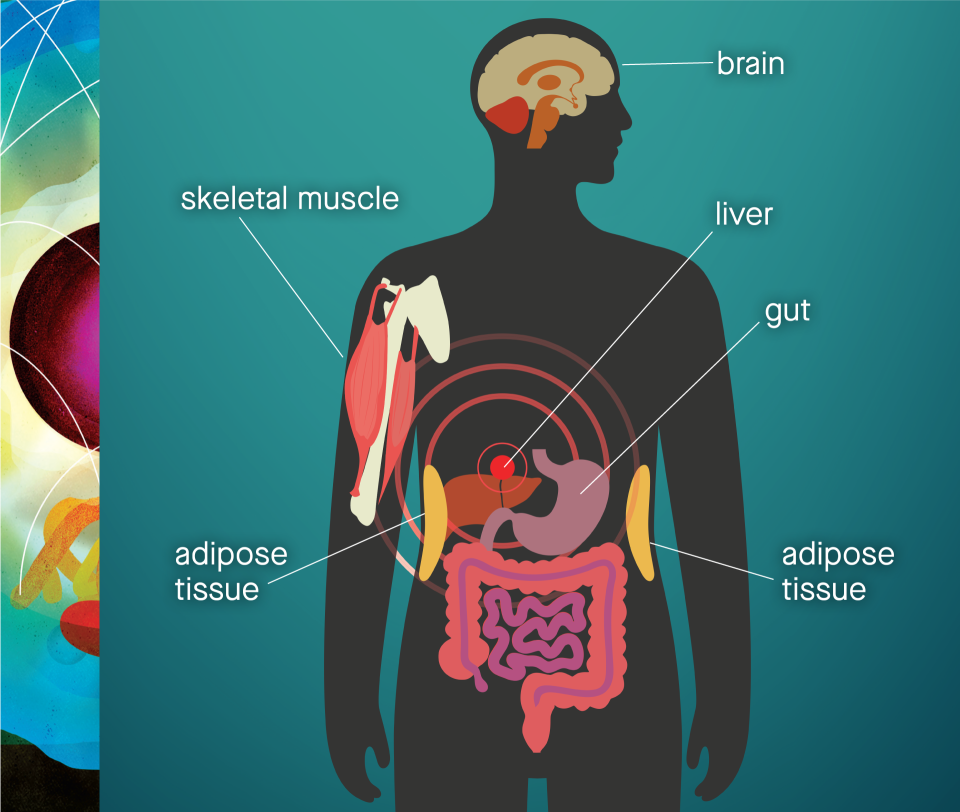
Our metabolism is made up of all the chemical processes that convert the calories we eat and drink into energy that can be used by the body. In addition to controlling how we gain and lose weight, our metabolism is responsible for various other aspects of our biology, including the strength of our immune system, mental health and even how long we might live. However, when our fuel systems stop functioning correctly, the body can become vulnerable to obesity, diabetes and other metabolic disorders.
Scientific leaders at Scripps Research are working at the cutting edge of metabolic research to understand the onset, progression and potential reversal of these conditions. They are translating their expertise in molecular medicine, neuroscience and drug discovery into new therapeutics and lifestyle modifications that can help restore energy levels and boost longevity.
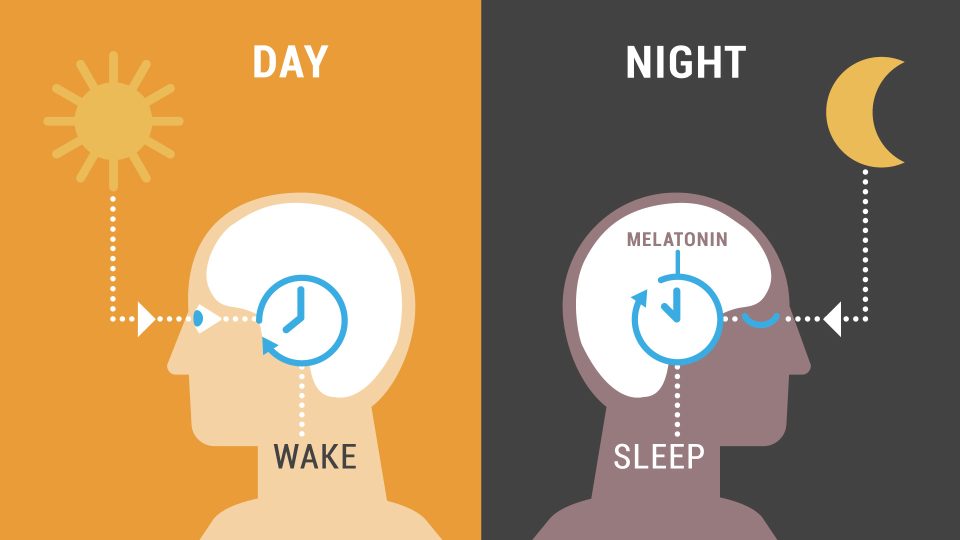
Brain
Integrating numerous hormonal and neural circuits, the brain directs various aspects of metabolism, from the breakdown of sugars and fats to behaviors such as food intake and physical activity. Metabolic diseases such as diabetes can expose the brain to excessively high blood sugar levels, which may also increase the future risk of neurodegenerative conditions. Researchers are exploring how disturbances in our circadian rhythm (such as during shift work or jet lag) can cause a mismatch between the timekeeping systems of different organs, leading to problems in using cellular energy.
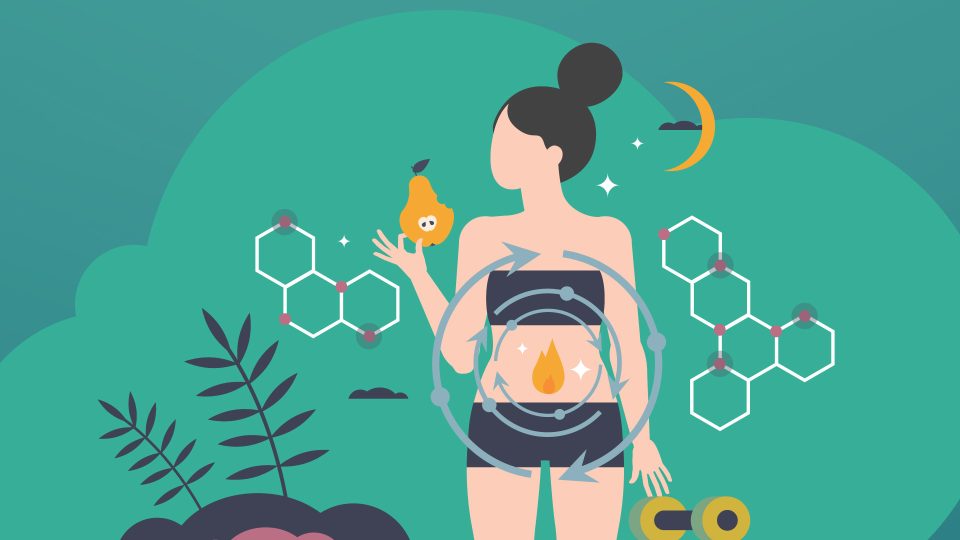
Skeletal Muscle
Skeletal muscle is a major site to store excess sugar and is one of our biggest contributors to our daily energy expenditure. The loss of muscle mass with age reduces our metabolic rate and increases the risk of obesity and diabetes. Scientists are studying how the timing of exercise and intake of different nutrients can help maintain metabolic health and preserve overall wellbeing into our later years.
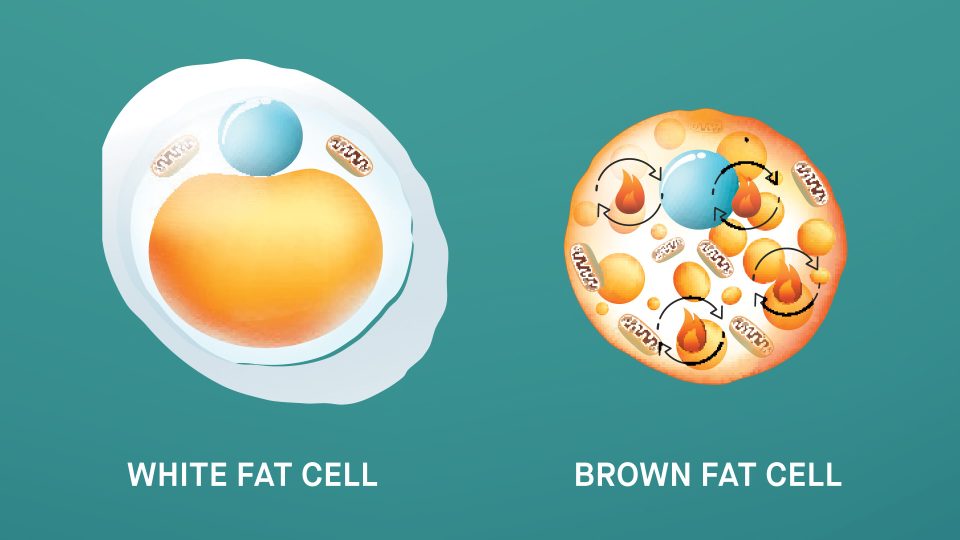
Adipose Tissue
Far from being just a passive store of excess calories, fat tissue actively releases various chemical signals that control blood sugar levels, influence our appetite and manage inflammation. During obesity and diabetes, overfilled fat stores cause widespread inflammation and the accumulation of fat in different organs, leading to tissue damage. Researchers are testing experimental compounds that may be able to switch off this inflammation and convert white fat cells (“bad” fat) to brown fat cells (“good” fat), which can dissipate stored energy as heat and bring the body’s metabolism back into balance.
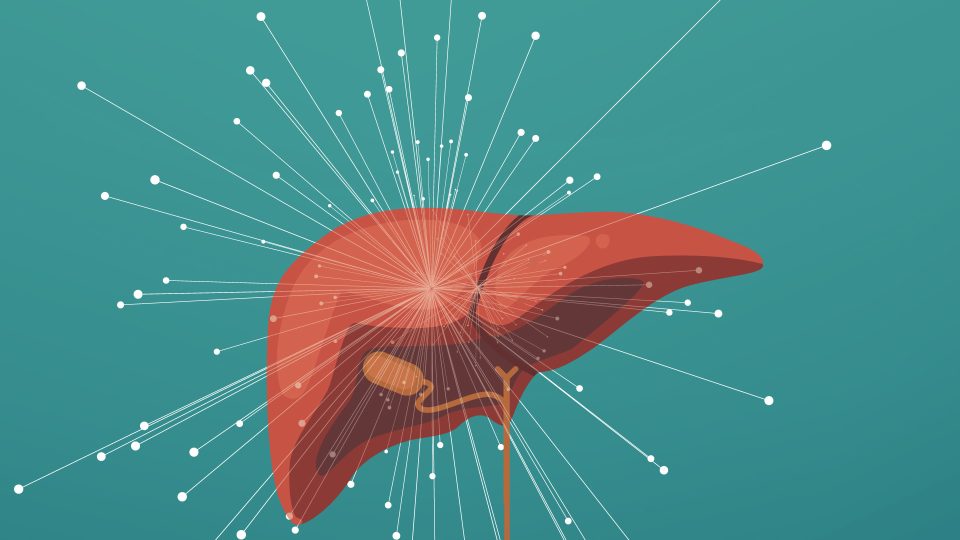
Liver
The liver acts as a metabolic hub, relaying signals of energy balance between various other tissues, such as the digestive tract, skeletal muscle and adipose tissue. As the body’s refinery, the liver processes nutrients when we eat and releases energy into the bloodstream during fasting. This keeps our blood sugar levels stable and supplies other organs with the fuel they need. Obesity and diabetes can increase the risk of non-alcoholic fatty liver disease, where excess fat accumulates in the liver causing inflammation and tissue damage. Some scientists are revealing how disrupted biological rhythms cause liver problems, while others are developing new molecules that can block cellular stress and reverse the dangerous fat buildup in the diabetic state.
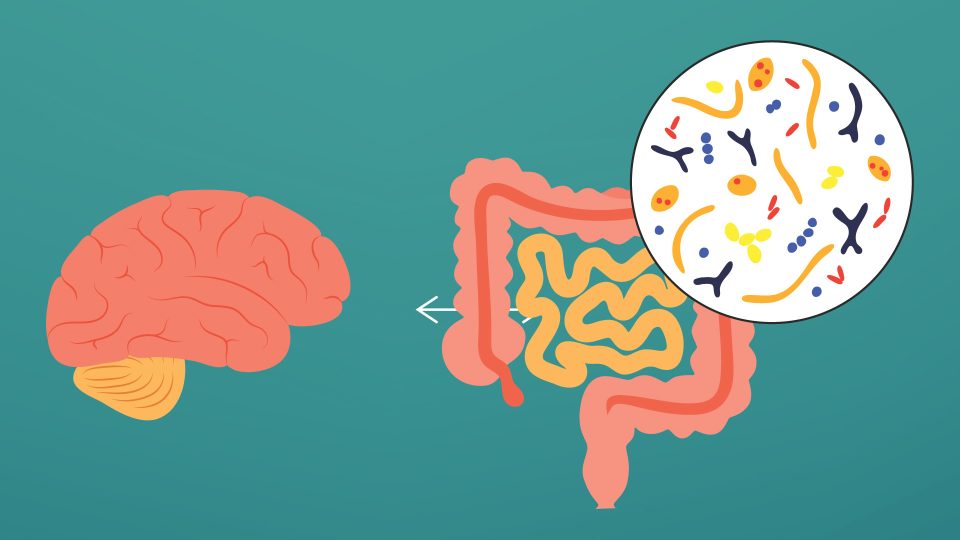
Gut
In partnership with the resident gut bacteria, the digestive system translates our diet into the biochemical building blocks that fuel our metabolism. Communication between the gut and the brain may influence how we behave to different nutrients, as well as the balance between storing and using fat as an energy source. Researchers are investigating how to modify signaling pathways in the gut that could then influence the body weight response to various diets and improve our metabolic health and longevity.